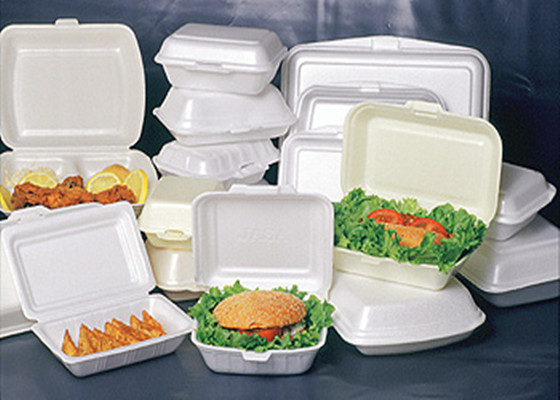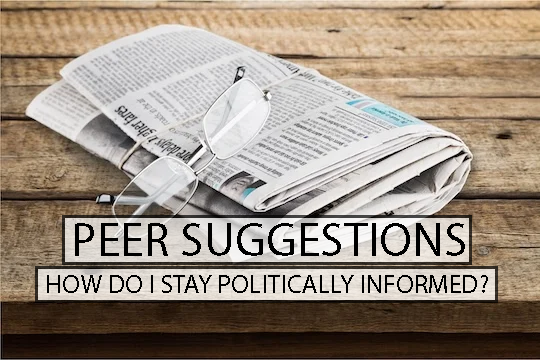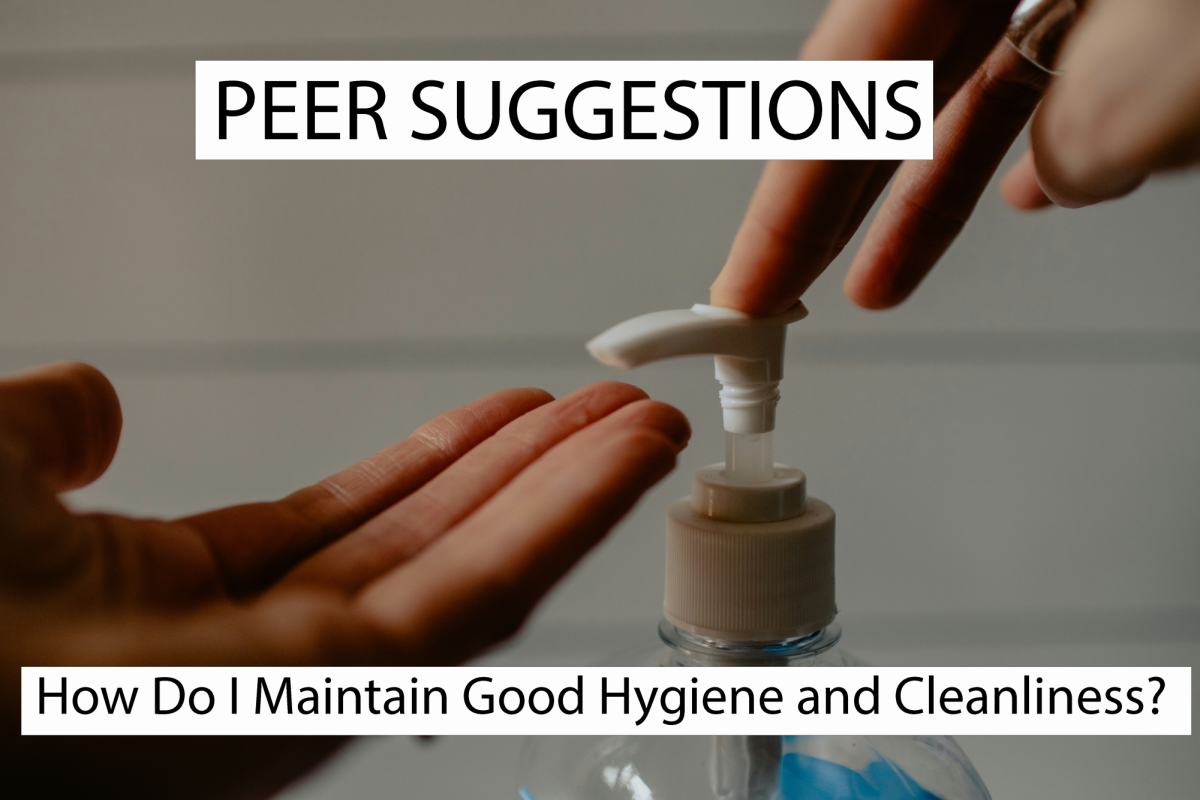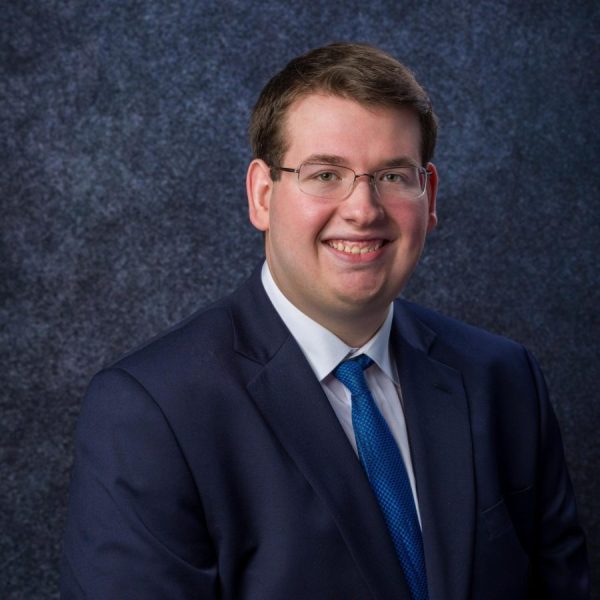Many of us use polystyrene containers or plates. However, we often do not realize how it impacts the environment after we dispose of it. Polystyrene foam, commonly referred to as Styrofoam, has become a mainstay in cafeterias and eateries across the United States. However, experts are raising awareness about the ecological dangers of the substance.
The Honors 3350 class, advised by English Faculty Member Dr. Robert Baker, decides on an issue each semester that they want to address in hopes of bettering the campus community. Baker describes the course as a problem/solution class. The Fairmont State Students decided to create a proposal to replace the polystyrene containers found in the cafeteria on the third floor of the Falcon Center. The proposal is currently being reviewed by Fairmont State President Dr. Mike Davis and the university’s Chief Financial Officer Christa Kwiatkowski.
“Styrofoam is among the worst ideas human beings have ever come up with,” Baker said. “While it creates a cheap product for takeaway meals, it creates long-term damage to the environment.”
The proposal calls for the implementation of a reusable clamshell container that students would use throughout the semester to transport food across campus. The single-use polystyrene containers have amassed in landfills for decades which poses a threat to the environment as well as wildlife. The problem with this substance is that it is not biodegradable.
In recent years, municipalities have enacted city-wide bans on polystyrene cups and containers. The debate of whether to prohibit the use of styrofoam has also found its way into the statehouses of California, New York, and Texas. While the locations that have banned styrofoam represent a small portion of the country, environmentalists have advocated for a voluntary shift away from polystyrene containers in favor of more sustainable options.
Facts About Styrofoam:
- According to the Environmental Protection Agency, Americans dispose of 25 million styrofoam cups each year.
- Polystyrene is synthesized from petroleum. Production of the material contributes to carbon dioxide in the environment as well as air pollution.
- Materials that consist of polystyrene foam can take over 500 years to decompose making it a generational issue.
- Some within the medical community have long questioned how the substance affects the human body.
- After studying the chemical composition of polystyrene, The National Toxicology Program concluded that it most likely has carcinogenic characteristics
Some have suggested recycling the substance rather than eliminating it completely, however, polystyrene is more difficult to recycle than other substances. The containers are porous which makes for an arduous cleaning process that must be completed before it can be reused. Since polystyrene foam requires more steps and longer processing time, it is one of the most expensive materials to recycle. Polystyrene breaks into small pieces as it decomposes. Wildlife groups have found that animals will ingest the material which results in a bowel obstruction or the animal being poisoned by the chemicals. Polystyrene also commonly finds its way into communities as litter on streets and walkways.
If the administration decides to adopt the suggestions contained in the student’s proposal, the campus community could soon see more sustainable options when dining in the cafeteria.










